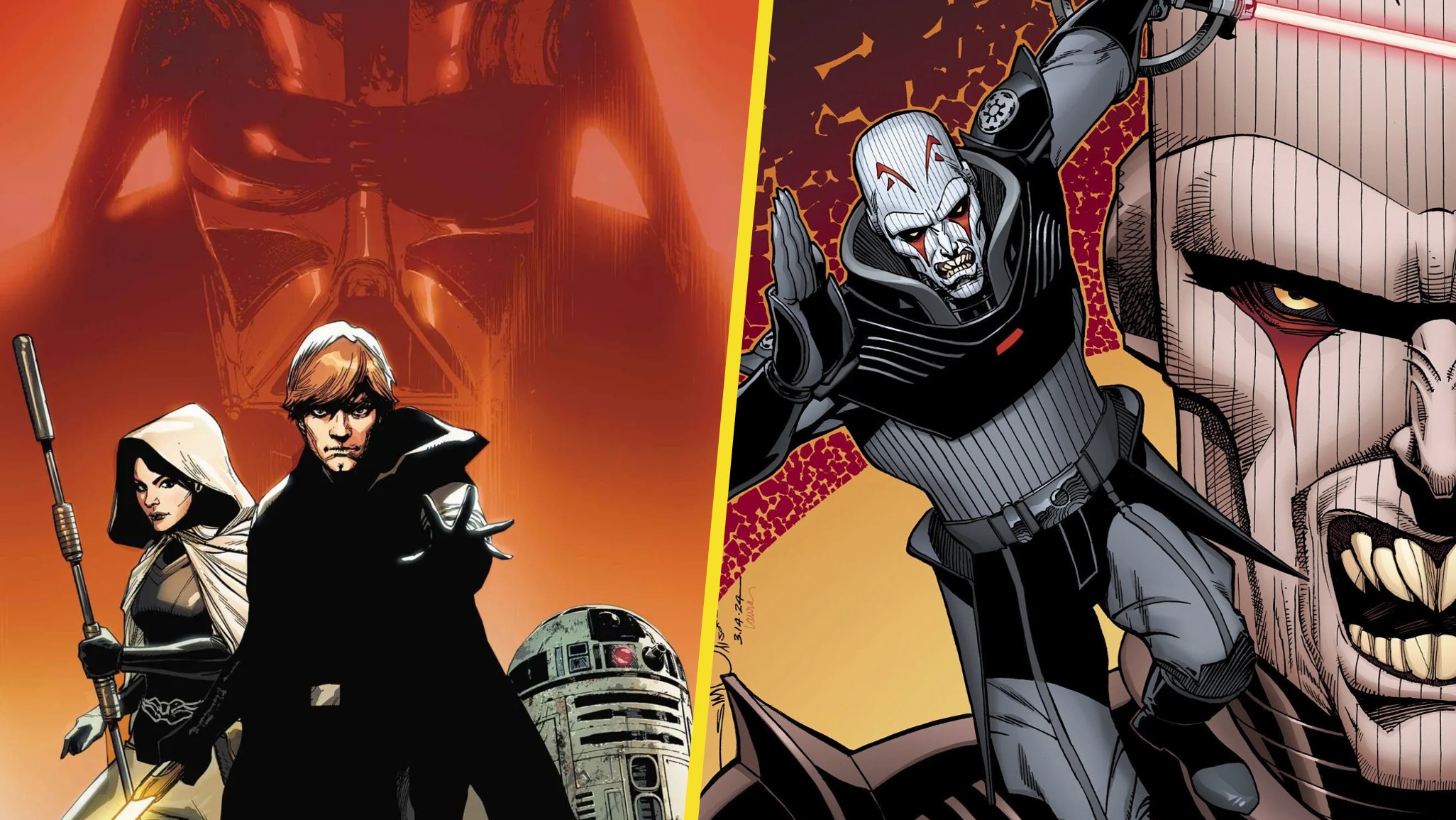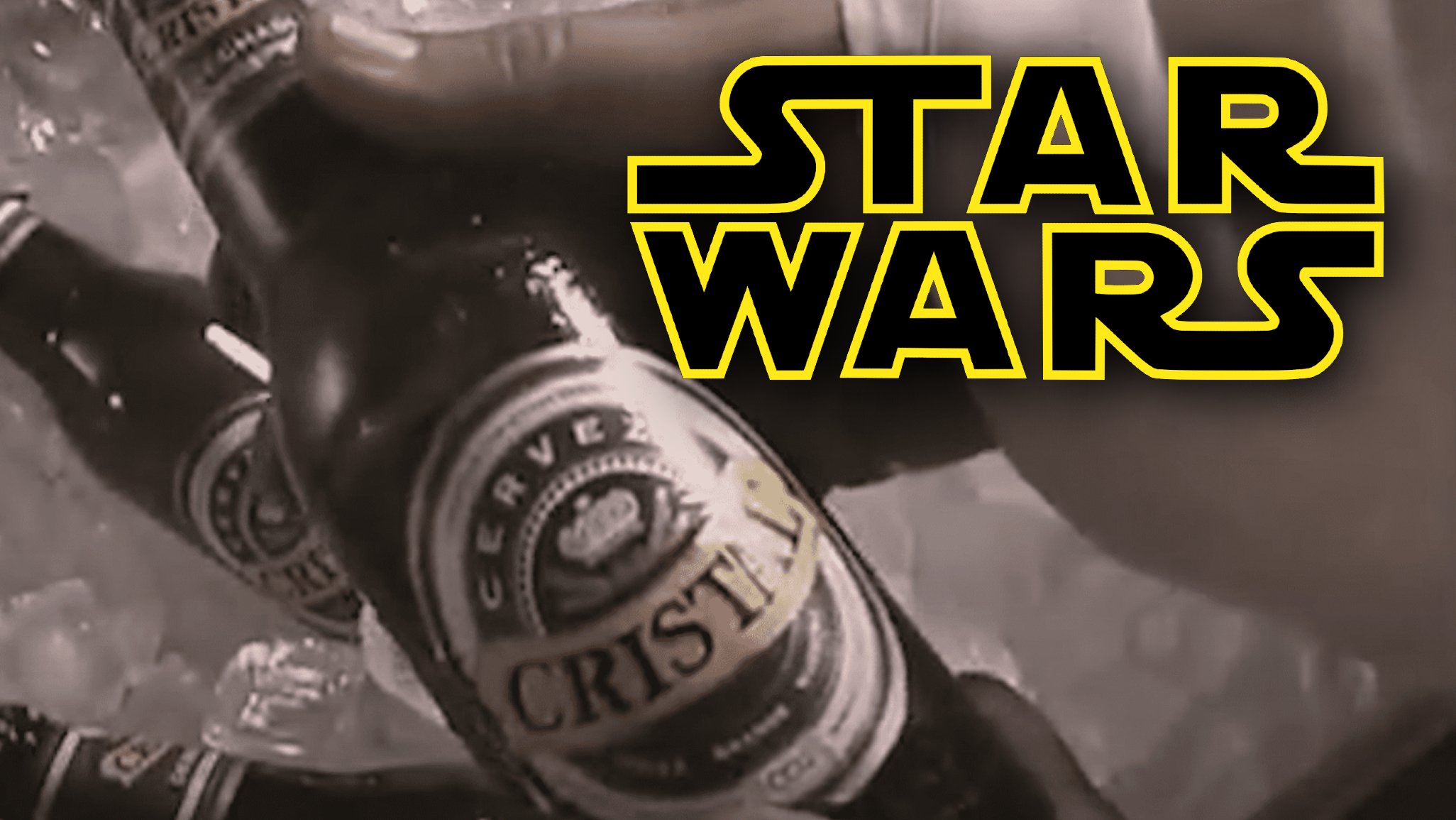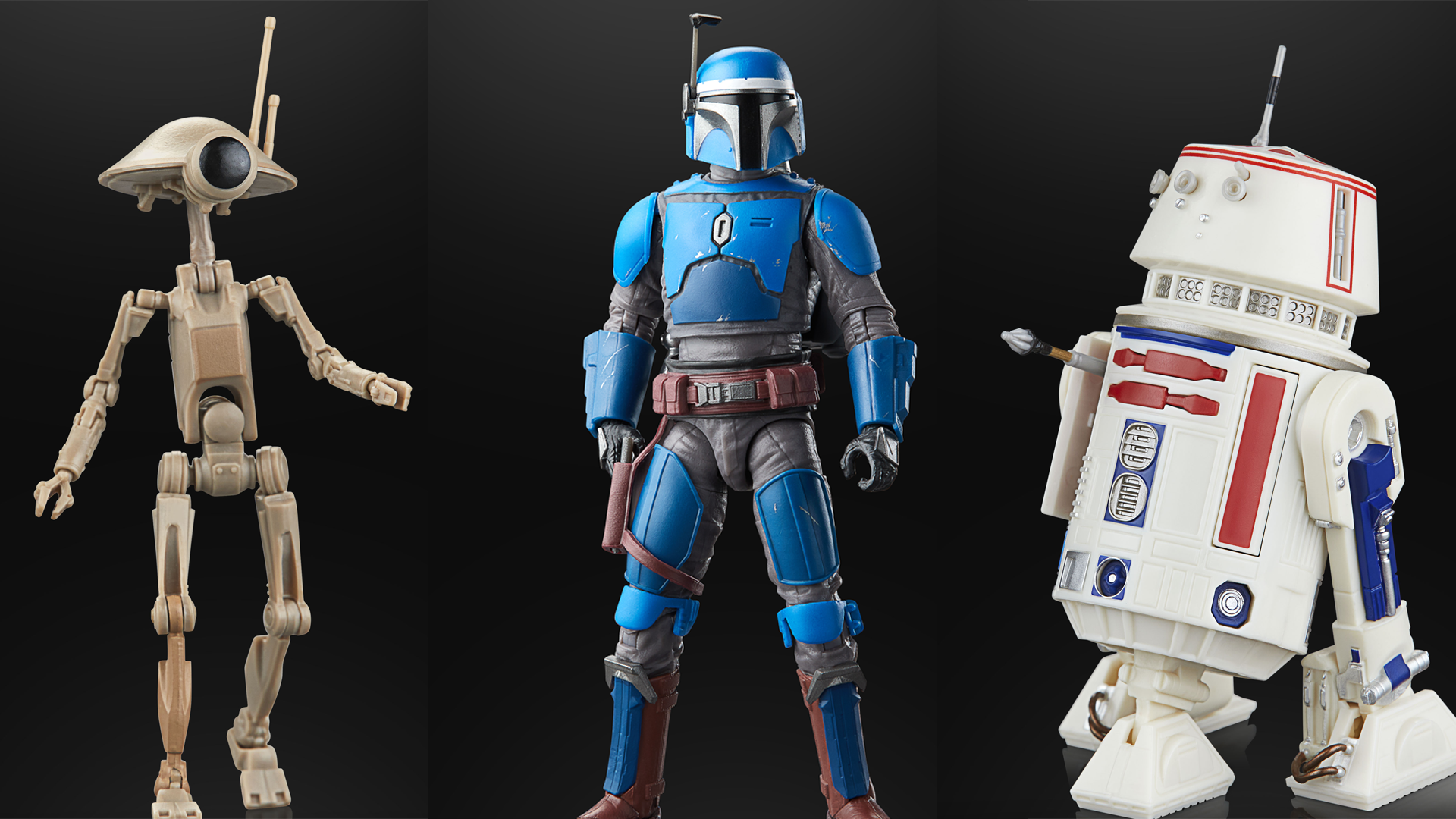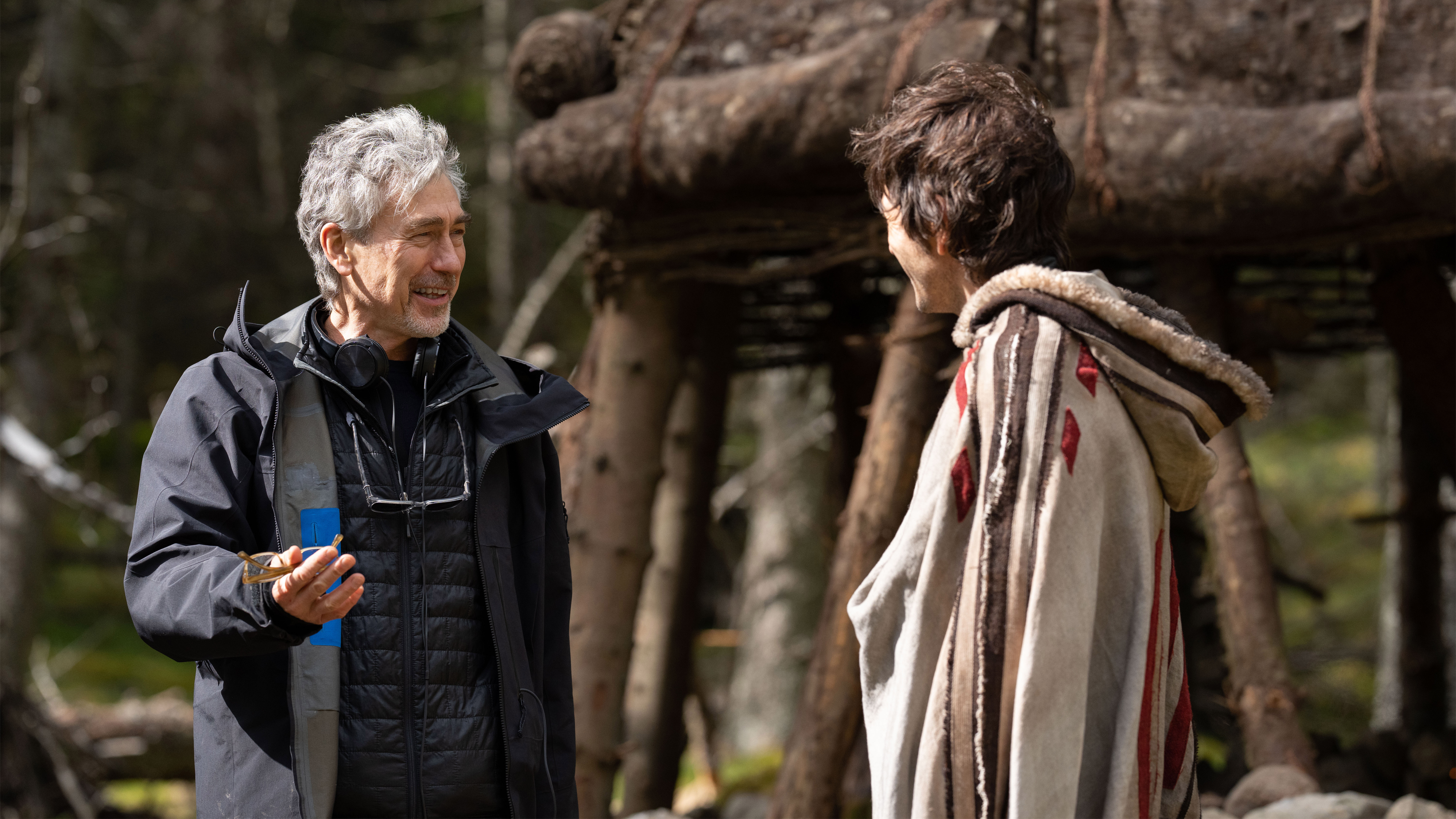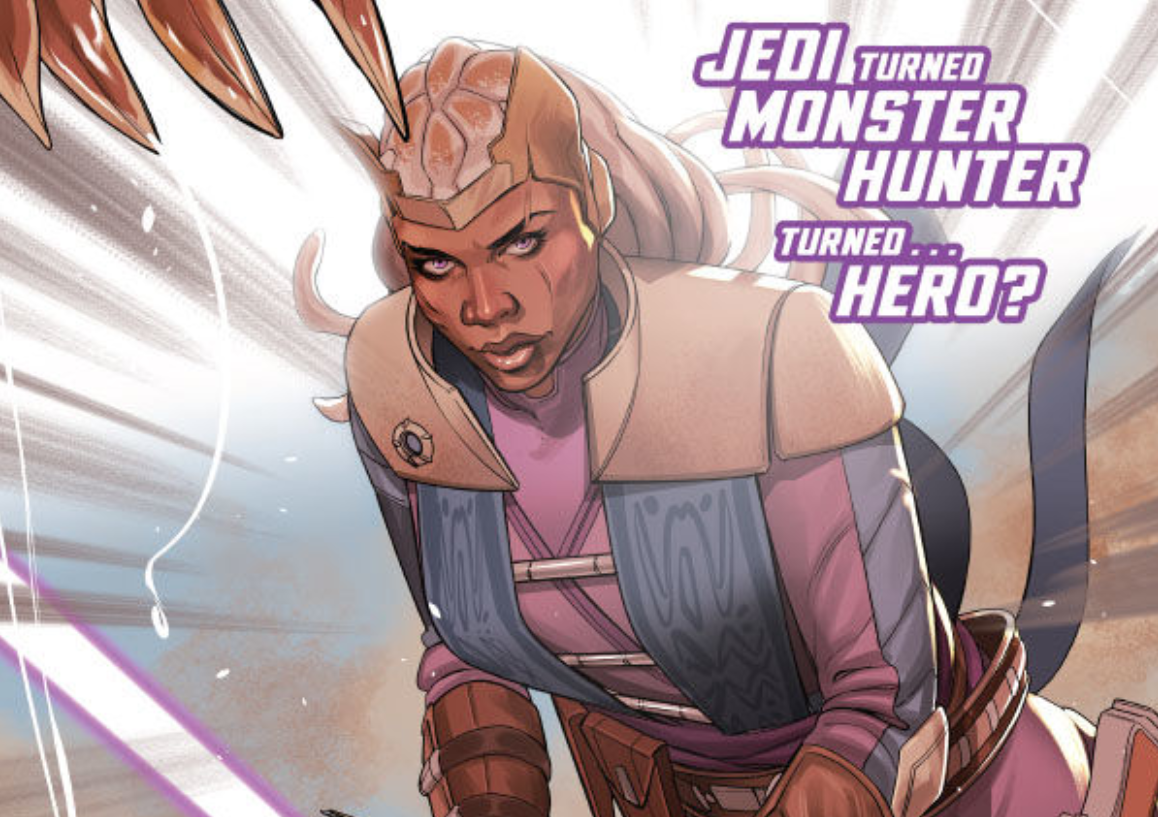The Dark Universe isn’t Dead Yet, but Universal Struggles to Assemble its Monsters
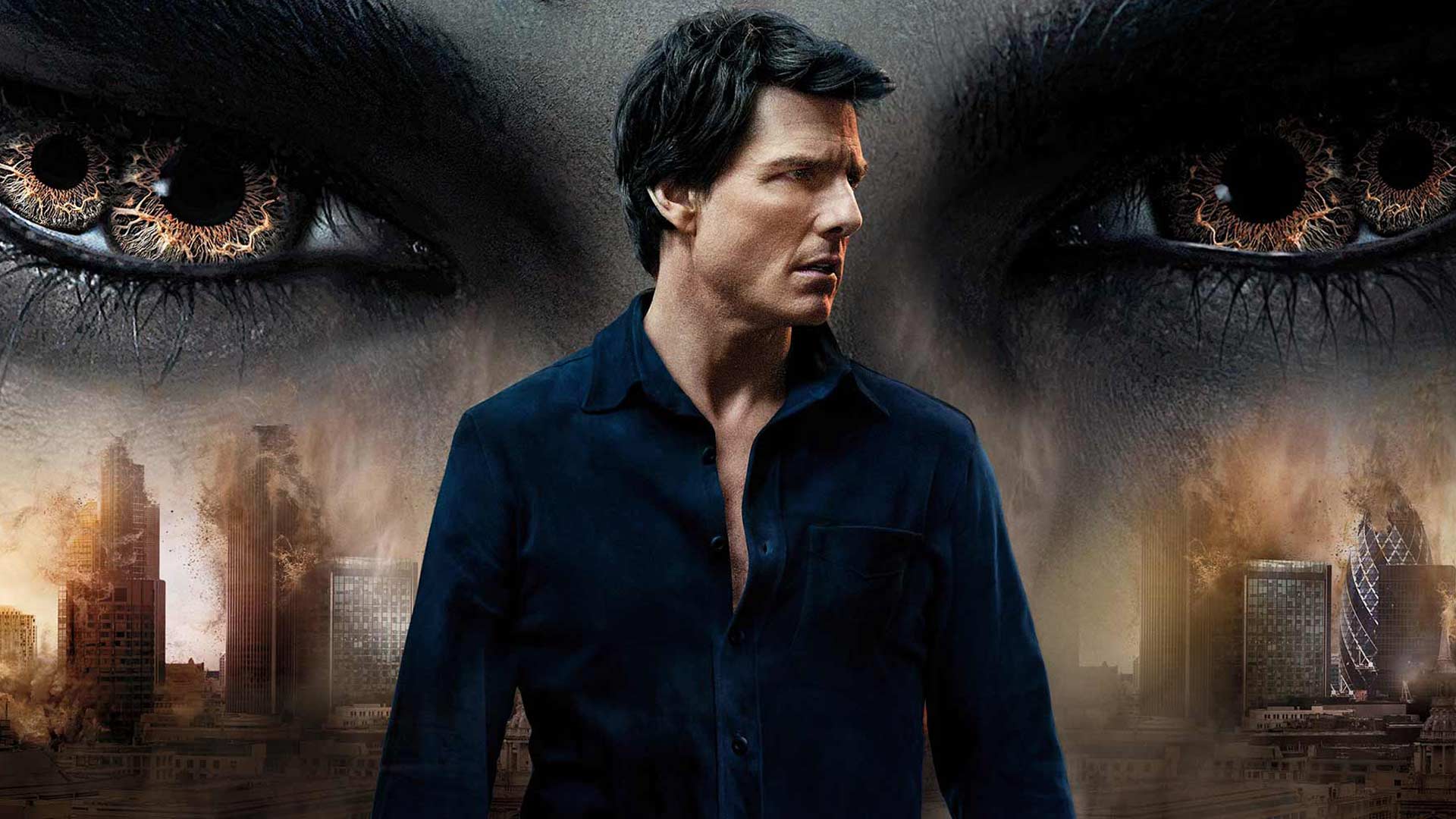
Today marks the one year anniversary of the world premiere for Alex Kurtzman’s The Mummy, and the second attempted launch of the Universal Dark Universe… universe. (The first being 2014’s Dracula Untold.) And while the franchise initially seemed like it was dead on arrival, new evidence has appeared suggesting that the company hasn’t given up on it just yet.
Creating an shared universe of monsters that many modern audiences likely would see as archetypal Halloween decorations rather than infamous literature characters might seem like a really odd choice today, but there’s at least a little bit of history in it. As early as 1943’s Frankenstein Meets the Wolf Man, Universal Studios was already creating some continuity between its horror franchises.
Besides that, even if the characters would come off as rather generic to modern audiences, there’s plenty to be said that they’re at least recognizable. Personally, when a Dark Universe shared universe was announced, my friends and I spent a whole night throwing around casting ideas for who could play what part, and that sort of familiarity can go a long way. In fact, I would think that should be a distinct strength that Universal should’ve had over Marvel – after all, outside of Hulk and Captain America, the original Avengers weren’t particularly front-runners that the general public would know that much about. It may be hard to remember, but back before 2008, Iron Man wasn’t a household name for casual moviegoers.
To be totally clear, the Dark Universe project is not officially dead. Much like Frankenstein and his monster, Universal has tried to cobble together whatever decaying bits of their plans that they can to continue or revamp the series. Even with The Mummy’s poor performance and reception, a $400 million gross won’t kill the studio. Though Johnny Depp’s rumored Invisible Man entry and the Bride of Frankenstein both seem to currently be at a standstill, Universal simply isn’t calling it quits. Even as recently as this month, artist Robert Vargas heavily implied via Instagram his own involvement in whatever the new direction the series goes in.
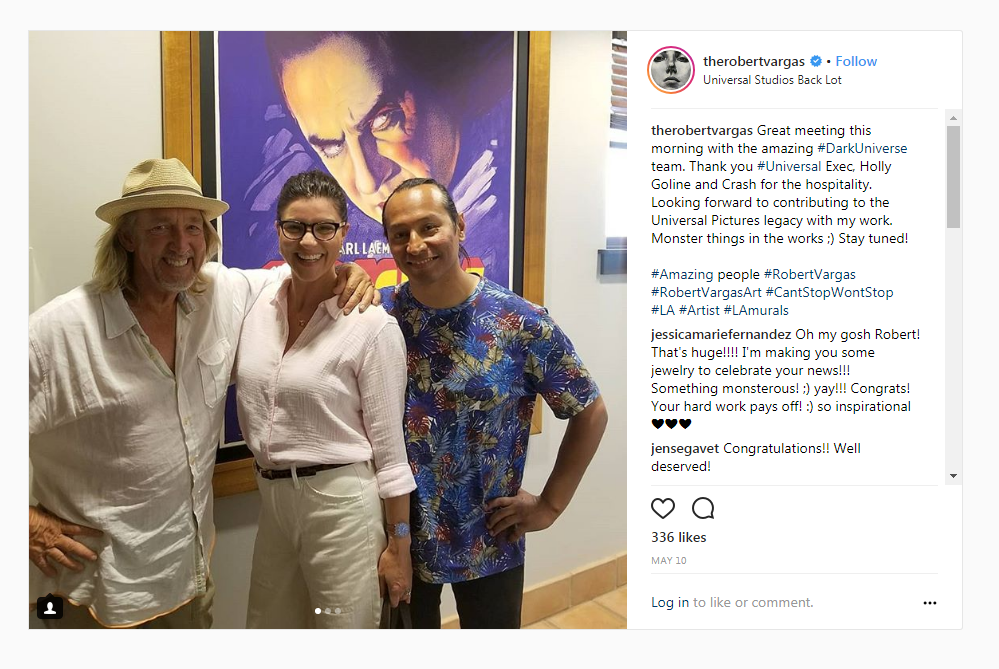
Currently, as far as the public knows, that is where the project stands – a failed launch (arguably two), and other possibly dead products.
So, why has this universe seemingly been plagued by a curse stronger than anything its own monsters could conjure? Obviously, there’s the standard argument that’s been levied against almost every other cinematic universe, including DC, The Amazing Spider-Man, and that kind of inexplicable 21 Jump Street/Men in Black crossover that never actually happened: the film was so focused on world-building that it forgot to be a movie that still told a good enough story that could invest an audience in its world anyway.
The Mummy has what I like to call the “Iron Man 2” problem. Much like with that film (as well as Batman v Superman), it tries to be the hero by shouldering the burden of creating its universe. However, unlike The Mummy, Marvel at least had already established its universe with the first Iron Man and The Incredible Hulk – films that really just try to be their own thing, but aren’t afraid for a stinger or two to suggest a larger world .
And I know, I’m hardly the first person to say that cinematic universes need to slow down and develop their characters and stories better. But here’s the thing – I think that Dark Universe could’ve worked… if they’d been more hands off with Dracula Untold. Gary Shore’s slightly more historical take on the infamous vampire was originally not part of the Dark Universe project, but after production had ended, the film went through reshoots to make it fit in more with the other planned films.
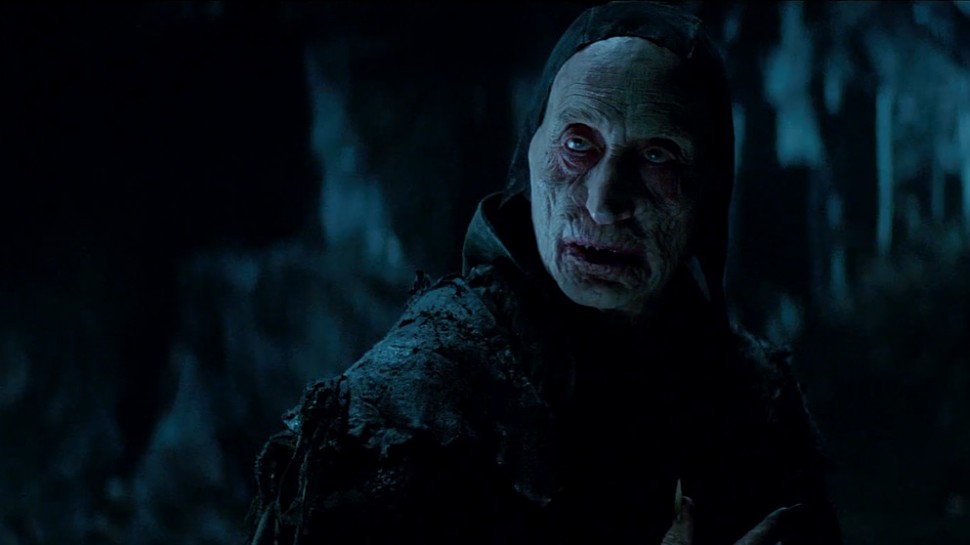
Dracula Untold was hardly a perfect film, but it never had to be – instead, Universal could’ve used it as a litmus test to see what audiences liked and disliked about modern adaptations of Gothic horror. Plus, wouldn’t Dracula make a far better “Nick Fury” character than Russel Crowe’s Dr. Jekyll? Instead, the film was greenlit as the start of the franchise, making for an awkward and embarrassing situation where it was later essentially de-canonized for underperforming… Before the spiritual follow-up to it also underperformed.
Universal also needs to realize that they don’t need to shy away from their horror roots to sell tickets, too. While The Mummy and Dracula Untold seemed to lean in pretty heavy on the action front, films like 2017’s It (which made over $700 million worldwide) show that audiences are willing to go be scared in a theater if the film is good enough. This could potentially be a problem for modern audiences, who again would be more likely to view vampires and werewolves as fantasy creatures rather than horror incarnate, but I think that this is more of a creative hurdle than an all out roadblock.
I guess if all else fails, we could always finally get our horror universe from Guillermo del Toro’s take on the works of H.P. Lovecraft, if he finally gets approved to begin work on his At the Mountains of Madness project. Actually, hold on, I kind of want that more now anyway!



